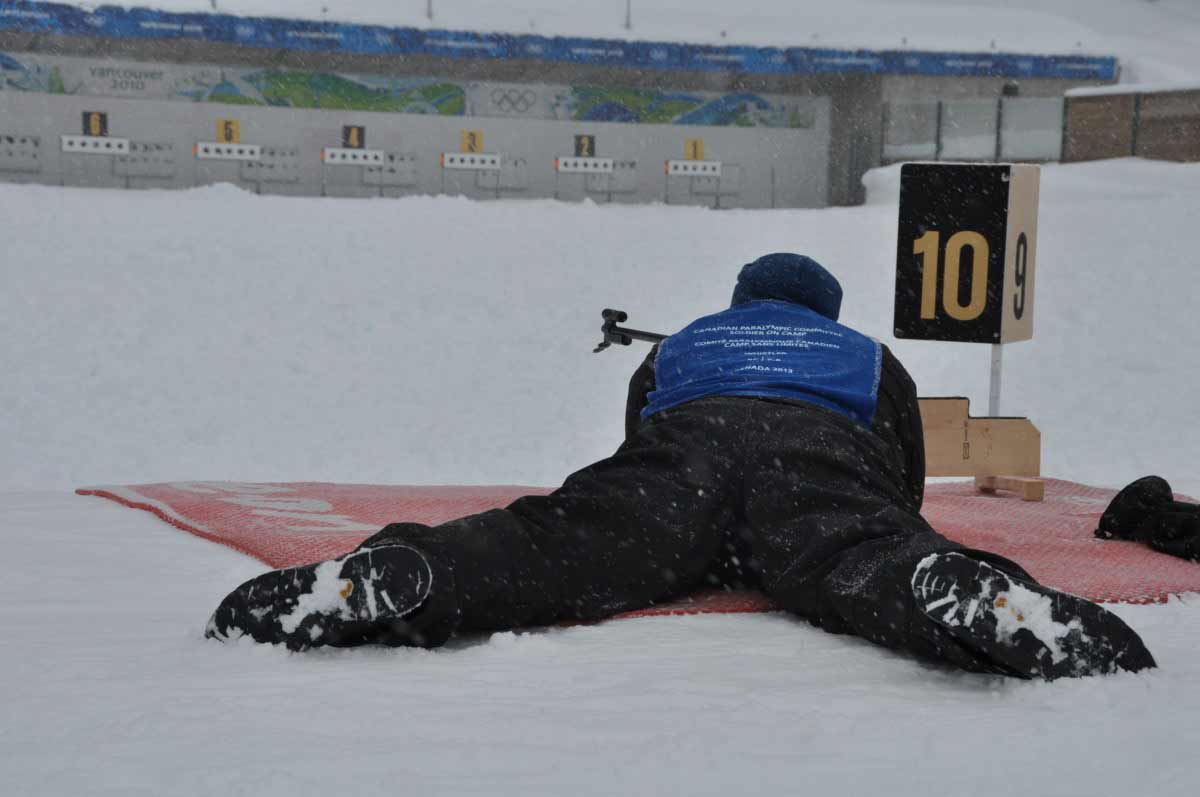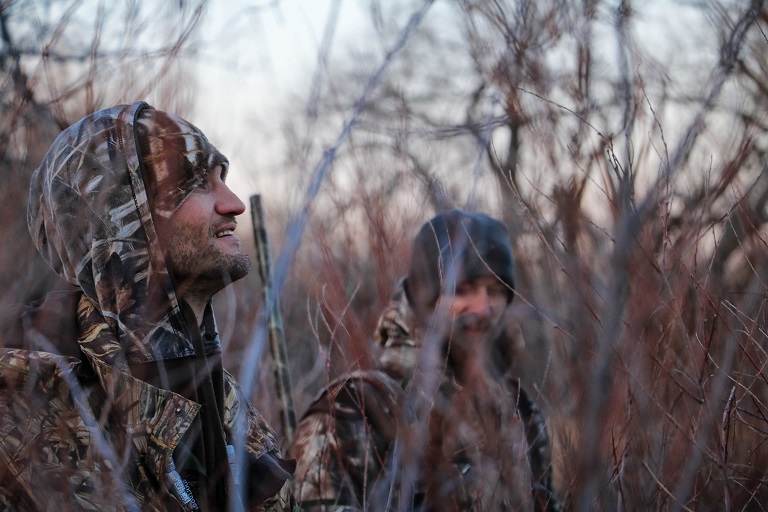
13th Dec 2018
Shotgun Cleaning & Maintenance This Winter
If you’re not a “fair weather” shooter and you’re out in the rain, snow and bitter cold this winter. It’s important that you know how to care for your beloved firearms. The cold that comes during the winter brings with it opportunity for your firearms to malfunction and degrade in just a few short months. Here are some key tips to protect your firearms during cold periods.
Choose the Correct Oil and Grease
For some oils and greases, the colder they get the more viscous they become. This means that during cold weather shooting, the oil and grease within your gun may actually be working against you and the operation of the firearm.
Using a cold-resistant synthetic oil / grease means that it’s not going to become “gummed up” as it gets colder. You don’t need to pack your firearm with grease, a light coat across the surfaces will prevent it from being hindered during operation, but still provide lubrication and protection.
Constantly Clean
Due to the outside temperature reducing the effectiveness of your gun’s lubricants, you need to constantly be cleaning and maintaining your firearms. Arguably more-often than you would normally have to. Think about it logically, during winter your firearm is either lubricated less, to avoid viscosity problems, or it’s got gummed up grease harbouring dirt within it.
Either way, cleaning regularly will help increase the life of your firearm and reduce the chances of any malfunctions.
Condensation Kills
When you’re shooting outside during the winter, you’re probably getting a little chilly and so is your firearm. At some point, you can be forgiven for wanting to head back into the warm and get a good brew on.
When you take your cold firearm and place it in a warm room, it will begin to attract condensation. This is because the air surrounding the firearm begins to cool and can no longer “hold” water vapour, so it settles on the nearest surface (your firearm). This doesn’t just happen externally, it’s happening inside the firearm as well.
The best thing for you to do is to begin drying your firearm immediately. Typically, this would involve taking the gun apart and drying components individually with a lint-free cloth. This would be a good opportunity to begin cleaning and re-lubricating.
Do not be tempted to place the weapon in a warm place to dry it out, rapid heat changes can cause serious damage to a firearm.
Protect your ammunition
Ammunition can sometimes be an afterthought when you’re so pre-occupied with protecting the rifle or shotgun itself. However, ammunition is particularly vulnerable during the winter months. If your ammunition is not sufficiently protected from the elements, the powder within could become damaged, the casings could become cracked or the primers ruined.
Make sure that any spare ammunition is sealed away from the elements.
Barrel protection
There’s always a chance of slipping and jamming the barrel into the mud, snow or dust when the ground becomes a little softer. We don’t need to spell out the dangers of a blocked or obstructed barrel.
Special forces and military often use a small piece of tape over the barrel or a circular plaster (to not foul the front site). Some forces have even taken to using an earplug down the barrel. There’s little chance of this “obstruction” causing any kind of bullet deviation, but will provide great protection against water, mud or soil from accidentally getting to the barrel(s).
Naturally, when placing anything over the end of the barrel, ensure that the weapon is entirely safe beforehand.

